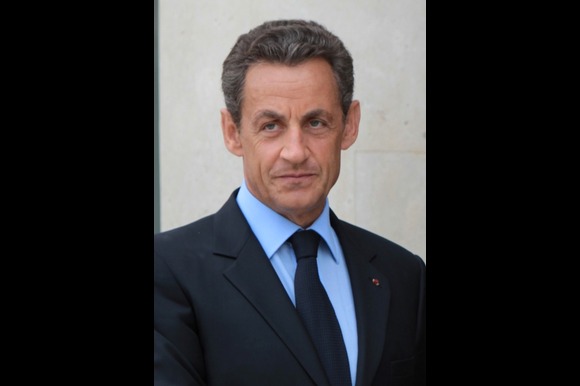Former French president Nicolas Sarkozy has been released from prison just three weeks into a five-year jail term for his role in a criminal conspiracy linked to illegal campaign financing.
The 70-year-old ex-leader will now remain under strict judicial supervision and is prohibited from leaving France. Sarkozy’s vehicle was seen departing La Santé prison in Paris shortly before 15:00 (14:00 GMT), less than ninety minutes after a court granted his early release. He was later spotted arriving at his residence in western Paris.
Early Release and Legal Strategy
Sarkozy was sentenced on 21 October for allegedly conspiring to fund his 2007 presidential campaign using money from late Libyan dictator Muammar Gaddafi. His legal team immediately appealed the ruling and filed a request for his release, which was approved on Thursday.
Christophe Ingrain, one of Sarkozy’s lawyers, described the court’s decision as “a step forward,” adding that preparations were already underway for the appeal trial scheduled for March.
As part of the conditions of his release, Sarkozy is barred from contacting any employees of France’s Justice Ministry. During his incarceration, he was visited by Justice Minister Gérald Darmanin — a move that sparked controversy and led 30 French lawyers to file a complaint, citing a potential conflict of interest given Darmanin’s past role as a colleague and close friend of the former president.
Sarkozy’s Testimony and Solitary Confinement
Appearing before a Paris court via video link, Sarkozy described his brief time in solitary confinement as “gruelling” and “a nightmare.” Public prosecutor Damien Brunet supported his release request but recommended that Sarkozy be banned from contacting other witnesses involved in the so-called “Libyan dossier.”
Throughout the proceedings, Sarkozy maintained his innocence, insisting he had never sought funds from Gaddafi. “I never had the mad idea of asking Colonel Gaddafi for money,” he told the court. “I will never admit to something I haven’t done.”
He also expressed gratitude toward prison staff, praising their professionalism and compassion. “They have shown exceptional humanity,” he said.
Sarkozy’s wife, singer and model Carla Bruni-Sarkozy, along with two of his sons, attended the hearing in person to show their support.
A Historic Imprisonment
Sarkozy’s incarceration marked a significant moment in French political history — he is the first former president to be imprisoned since Philippe Pétain, the World War Two collaborationist leader jailed for treason in 1945.
While in custody, Sarkozy was held in the isolation wing of La Santé prison. His cell included basic amenities — a toilet, shower, desk, small electric hob, and a television for which he paid €14 (£12) per month. He also had access to a small refrigerator. Although permitted family visits, written correspondence, and phone calls, Sarkozy was effectively kept in solitary confinement, allowed only one hour of daily exercise alone in a segregated courtyard.
Due to security concerns surrounding his high-profile status, two bodyguards were assigned nearby. Interior Minister Laurent Nuñez explained that their presence was essential as “there was obviously a threat against him.”
Legal Troubles Continue
Sarkozy served as France’s president from 2007 to 2012. Since leaving office, he has faced multiple criminal investigations and legal challenges.
Last December, he was convicted of attempting to bribe a magistrate for confidential information in a separate corruption case — a verdict that required him to wear an electronic ankle tag for several months.
Though now released, Sarkozy’s legal battles are far from over. His upcoming appeal in March will determine whether the former French leader can overturn his conviction — or whether his long-running entanglement with France’s justice system will continue.






